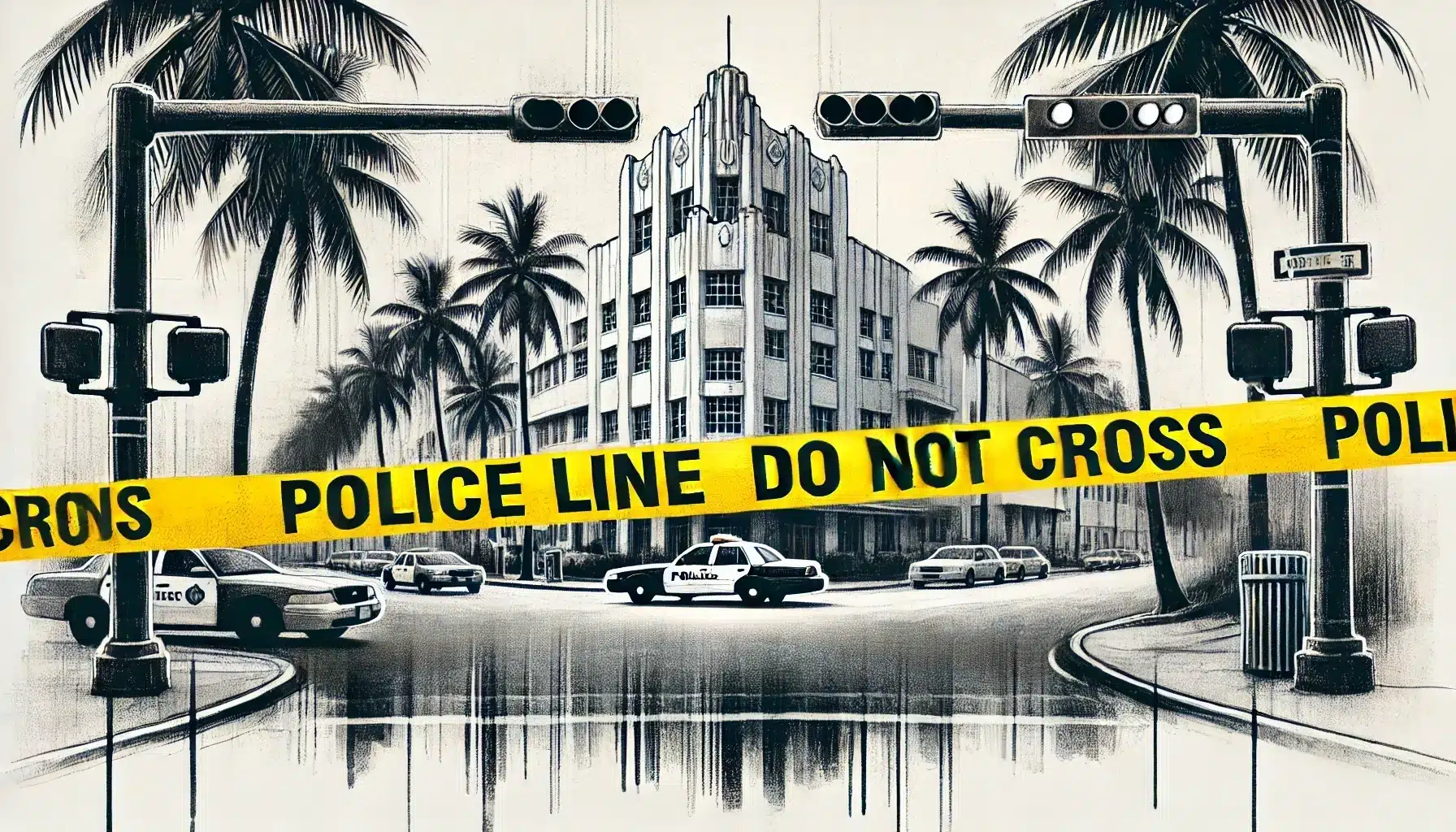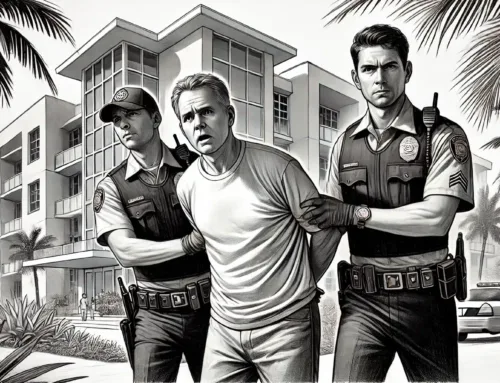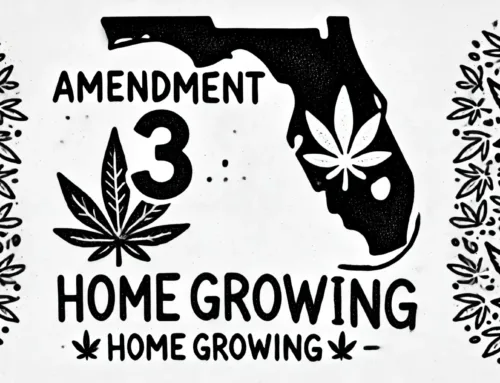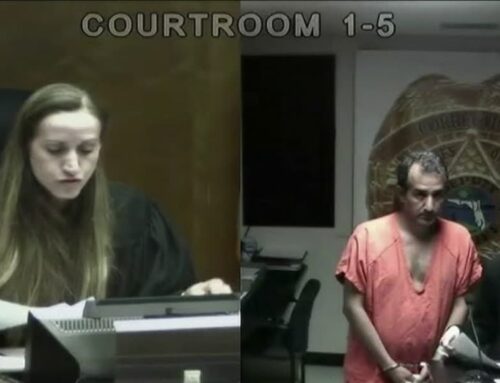Florida’s New “First Responder Buffer Zone” Law
Starting January 1, 2025, Florida’s new law (Senate Bill 184) will make it a crime to approach first responders within 25 feet after being warned to keep your distance. As Miami criminal lawyers, we want to help you understand your rights and responsibilities under this significant change in Florida law.
What Does the New Law Prohibit?
The law makes it illegal to:
- Approach or remain within 25 feet of a first responder after receiving a verbal warning
- When that first responder is performing legal duties
- If you intend to:
- Block or interfere with their work
- Make physical threats
- Harass them
Who Qualifies as a “First Responder”?
Under the law, first responders include:
- Law enforcement officers
- Correctional probation officers
- Firefighters
- Emergency medical care providers
How Does This Law Differ From Resisting Without Violence?
Florida already has a law against resisting officers without violence (Florida Statute 843.02). Many people wonder how this new first responder buffer zone law differs from the existing statute.
Resisting Without Violence
This existing law makes it a first-degree misdemeanor to:
- Obstruct or oppose any law enforcement officer
- While the officer is executing a legal duty
- Without offering or doing violence
The offense carries penalties of:
- Up to 1 year in jail
- Up to $1,000 in fines
- Up to 1 year of probation
Key Differences Between the Laws
- Severity of Charges
- Resisting without violence: First-degree misdemeanor
- Buffer zone violation: Second-degree misdemeanor (less severe)
- Who’s Protected
- Resisting law: Only covers law enforcement officers
- Buffer zone law: Protects all first responders, including firefighters and EMTs
- Required Elements
- Resisting law: Must prove actual obstruction or opposition
- Buffer zone law: Only requires approaching within 25 feet after warning with prohibited intent
- Warning Requirements
- Resisting law: No warning required
- Buffer zone law: Requires explicit verbal warning before violation can occur
- Distance Requirements
- Resisting law: No specific distance specified
- Buffer zone law: Creates clear 25-foot boundary
Why Both Laws Matter
These laws can work in tandem. For example, you could potentially face charges under both statutes if you:
- Refuse to back away from officers after being warned (buffer zone violation)
- While also interfering with their duties (resisting without violence)
This means prosecutors have more options when charging individuals who interfere with law enforcement activities.
Understanding the Criminal Penalties
If you violate the new buffer zone law, you face second-degree misdemeanor charges, which can result in:
- Up to 60 days in jail
- Fines up to $500
- A permanent criminal record
Key Points About the Law That Affect Your Rights
The Warning Requirement
You must receive a verbal warning before you can be charged. The first responder needs to tell you to keep your distance before any criminal liability attaches.
The Intent Element
Simply being within 25 feet isn’t enough for criminal charges. Prosecutors must prove you intended to:
- Interfere with the first responder’s duties
- Make threats of physical harm
- Harass them
The Definition of Harassment
The law defines harassment as willfully engaging in conduct that:
- Is directed at the first responder
- Intentionally causes substantial emotional distress
- Serves no legitimate purpose
How This Law May Impact Recording Police Encounters
While the law doesn’t explicitly prohibit recording police or first responders, the 25-foot buffer requirement could affect your ability to document encounters with law enforcement. If you’re recording and receive a warning to move back, you must comply or risk arrest – even if your recording serves a legitimate purpose.
Potential Constitutional Issues
Several aspects of this law may face legal challenges:
- First Amendment concerns about restricting:
- Freedom of speech
- Freedom of the press
- Right to record public officials
- Vague terminology around:
- What constitutes “harassment”
- What serves a “legitimate purpose”
- What causes “substantial emotional distress”
Protecting Your Rights Under the New Law
If you interact with first responders:
- Stay aware of your surroundings and maintain appropriate distance
- If warned to step back:
- Comply with the warning
- Move to at least 25 feet away
- Remain calm and non-confrontational
- Document the encounter if possible:
- Note the time and location
- Record names and badge numbers
- Identify potential witnesses
- If recording:
- Maintain the required distance
- Don’t interfere with official duties
- State clearly that you’re exercising your right to record
Defending Against Multiple Charges
If you’re charged under both the buffer zone law and resisting without violence, our defense strategy might include:
- Challenging whether actual interference occurred
- Proving you maintained proper distance after warning
- Demonstrating lack of intent to obstruct or interfere
- Establishing legitimate purpose for your presence
- Documenting any constitutional violations
Each charge requires different elements of proof, and we’ll work to hold prosecutors to their burden on each element of each charge.
When to Contact a Criminal Defense Attorney
Contact an experienced criminal defense lawyer immediately if:
- You’re charged under either law
- You face multiple charges from the same incident
- You believe you’ve been wrongfully arrested
- You need guidance about your rights at protests or public events
- You’re unsure about the legality of recording first responders
Our Miami criminal defense attorneys understand the nuances of both laws and can protect your rights while building a strong defense against any charges. We’ll examine whether:
- You received a proper warning
- The distance was accurately measured
- Your actions served a legitimate purpose
- Your constitutional rights were violated
- The prosecution can prove all elements of each charge
Looking Ahead
As this law takes effect in 2025, courts must interpret its provisions and establish precedents about its application. Local law enforcement agencies will likely develop policies about implementing and enforcing these new requirements alongside existing resisting without violence statutes.
If you’re facing charges under either or both of these laws, don’t wait to get experienced legal representation. Our criminal defense team will work tirelessly to protect your rights and achieve the best possible outcome in your case.
CALL US for a FREE CONFIDENTIAL CONSULTATION at (305) 538-4545, or take a moment to fill out our secure intake form. The sooner you have experienced legal representation, the better your chances of resolving these charges favorably. The additional information you provide will greatly assist us in responding to your inquiry.*
*Due to the large number of people who contact our law office requesting our assistance in theft crime cases, it is strongly suggested that you take the time to provide us with specific details regarding your case by filling out our confidential and secure intake form. The additional details you provide will greatly assist us in responding to your inquiry promptly and appropriately.
ALWAYS INVESTIGATE A CRIMINAL DEFENSE ATTORNEY’S QUALIFICATIONS AND EXPERIENCE BEFORE MAKING A DECISION ON HIRING A THEFT LAWYER FOR YOUR PROPERTY CRIMES CASE MIAMI-DADE COUNTY







